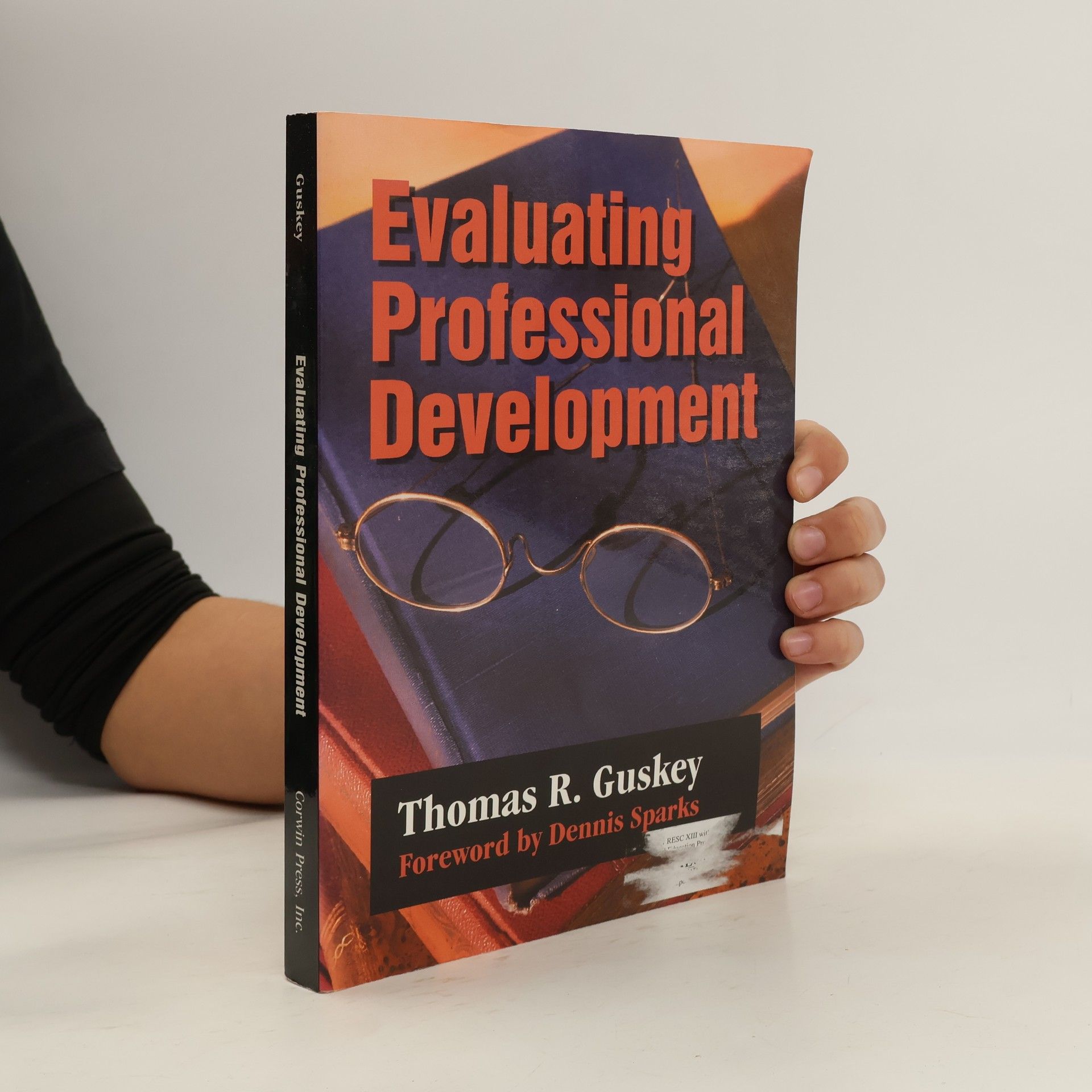The definitive classic--updated for our times. One of the most widely researched and proven-effective education methodologies in existence, mastery learning laid the foundation for today's most promising teaching methods, providing a direct challenge to traditional approaches that have perpetuated inequities for generations of children. This timely new edition of the foremost practical guide includes: Recent applications of the principles of mastery learning to distance, hybrid, and blended learning environments Updates including evidence from recent implementation efforts, the results of the most current research on mastery learning and its implications for practice Step-by-step guidance on implementation across grade levels and subject areas Supplemental, on-line chapters that unpack the development of effective formative assessments and connections between RTI and mastery learning
Thomas R. Guskey Livres




Grading With Integrity
A Research-Based Approach Grounded in Honesty, Transparency, Accuracy, and Equity
- 192pages
- 7 heures de lecture
Focusing on evidence-based grading, this book emphasizes the importance of integrity in educational assessments. It provides strategies for implementing fair grading practices that reflect student learning accurately. Through practical examples and research-backed methods, educators can enhance their grading systems to promote transparency and accountability. The text encourages a shift from traditional grading to more meaningful assessments that support student growth and success.
Improve grading practices with support from families Educators seeking to transform age-old grading practices face numerous challenges, particularly when it comes to gaining support from students' families. This practical guide from a world-renowned expert on grading and assessment practices offers concrete strategies to turn parents and families into trusted partners in grading reform efforts. The book enables educators to anticipate, understand, and effectively address families′ concerns over grading reforms and build trust through authentic engagement. With clear and actionable strategies that educators can implement right away, the easily digestible chapters unpack the complexities of the change process, clarify the purpose of grading, and show how to enhance the use of computerized grading programs. Other features include: Strategies to ease opposition to grading reform from parents and families Insights into how to improve report cards Guidance on how to effectively communicate student performance with parents and families A must-have resource for educators navigating the challenging journey of grading reform, Engaging Parents and Families in Grading Reform is a comprehensive guide to grading reform that emphasizes family engagement to ensure success.
Evaluating Professional Development
- 328pages
- 12 heures de lecture
This is a practical guide to evaluating professional development programs at five increasing levels of sophistication: participants' reaction to professional development; how much participants learned; evaluating organizational support and change; how participants use their new knowledge and skills; and improvements in student learning.